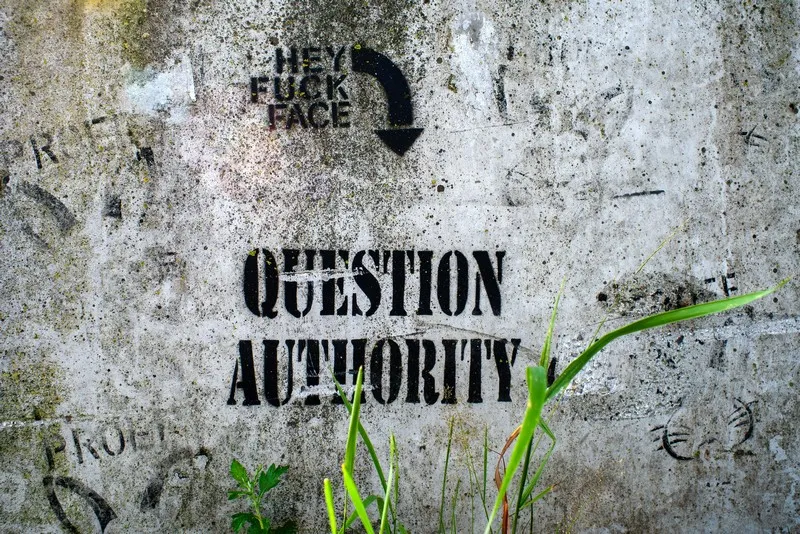Table of Contents
- The Concept of Power in Sociology
- State Power and Assange’s Persecution
- Media Power and Public Perception
- Surveillance and Control
- Legal and Ethical Dimensions
- Resistance and Advocacy
- Conclusion
Julian Assange, the founder of WikiLeaks, has been a controversial figure since he first gained international attention. WikiLeaks’ publication of classified documents, especially those related to U.S. military activities and diplomatic communications, has sparked intense debate about transparency, security, and the role of the press. Central to this debate is the role of power in the oppression of Assange. This analysis will explore how various forms of power have been mobilized to suppress and punish Assange, drawing on sociological theories and frameworks to understand the dynamics at play.
The Concept of Power in Sociology
Power is a fundamental concept in sociology, often defined as the ability of an individual or group to achieve their goals, even against the resistance of others. Max Weber famously defined power as the probability that one actor within a social relationship will be in a position to carry out his own will despite resistance. Michel Foucault expanded on this notion, viewing power not just as something held by a few but as pervasive and diffused throughout society. Foucault argued that power is everywhere and comes from everywhere, making it a complex strategic situation in a given society.
State Power and Assange’s Persecution
Governmental Power and Legal Measures
The most evident form of power in Assange’s case is state power. Various governments, most notably the United States, have exerted considerable power to detain, extradite, and prosecute Assange. The U.S. government’s efforts to charge Assange under the Espionage Act reveal the lengths to which state apparatus can go to protect national interests and secrets. The use of legal mechanisms to pursue Assange demonstrates how states employ their judicial systems to maintain control and suppress dissent.
Diplomatic Pressures and International Relations
The role of international diplomacy is also crucial in understanding the power dynamics in Assange’s oppression. The pressure exerted on countries like Sweden and the United Kingdom to arrest and extradite Assange highlights how state power extends beyond national borders. The influence of the United States on these nations’ decisions regarding Assange is a testament to the asymmetrical power relations in international politics. This use of diplomatic power showcases how states can collaborate and coerce to achieve their goals, often sidelining principles of justice and human rights.
Media Power and Public Perception
Mainstream Media Narratives
Get the full article AD FREE. Join now for full access to all premium articles.
View Plans & Subscribe Already a member? Log in.





